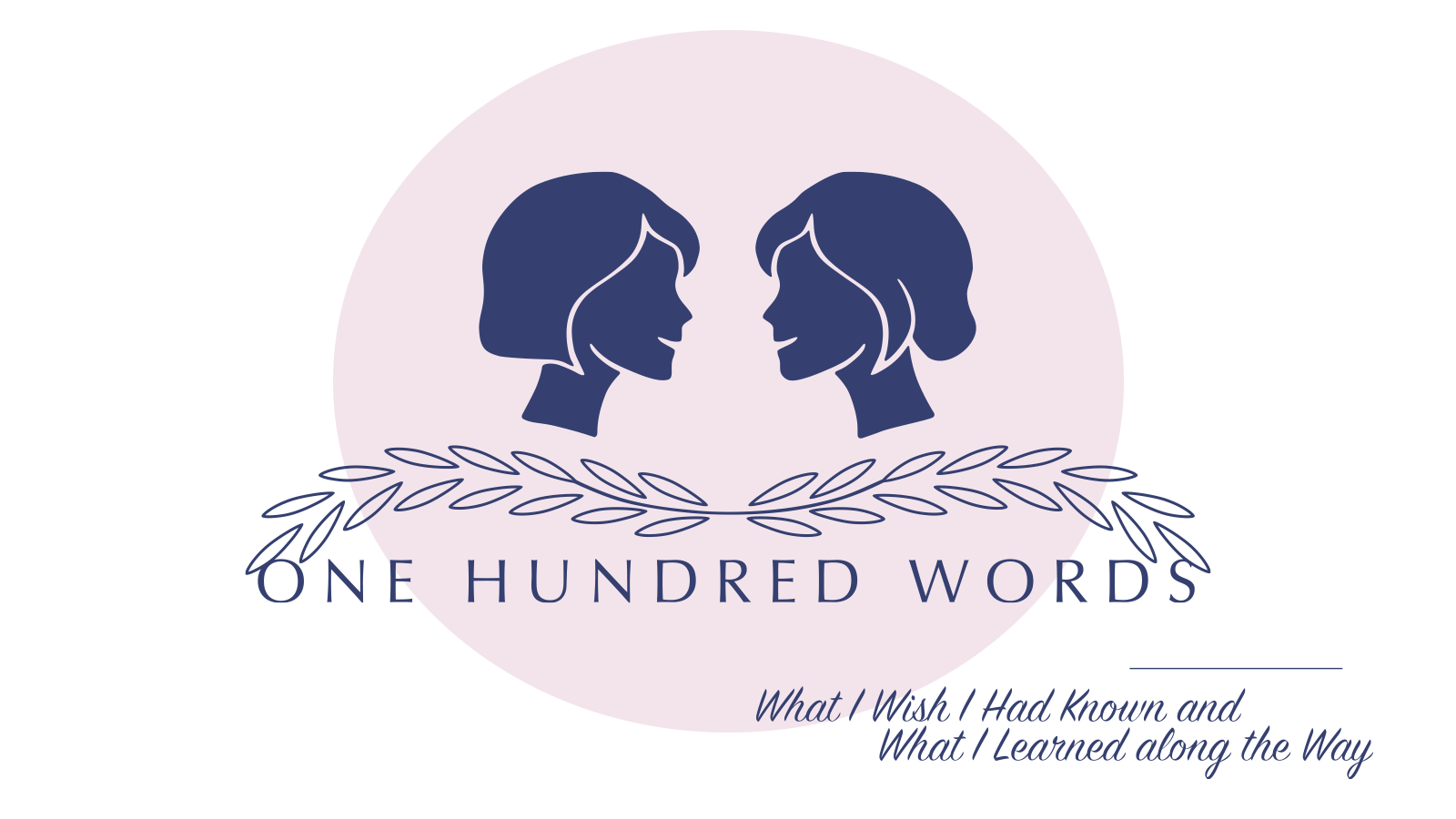Sometimes, Mom, you just have to enjoy all you can in a person and let the rest go.
A Wise Son
A friend came to town last week. It wasn’t a casual visit. We hadn’t seen each other since the month before Covid hit, and during that time, she and her husband had moved over a thousand miles away. And yet, it seemed casual—as if we had just chatted in the church hallway. We both said so.
But we knew better. And so, instead of our previous too-few minutes talking in person or our hour-long phone conversations, we spent over seven hours face-to-face. Like other conversations, we covered a wide range of topics and emotions, and we prayed.
My friend gave me some advice, which I want to share. She said I could. After listening to her complain about one person’s behavior, her son said, “Sometimes, Mom, you just have to enjoy all you can in a person and let the rest go.”
Wow! We know we should let things go. But do we remember to enjoy what is left? Letting go and enjoying sounds like a combination worth remembering.

Who do you need to start enjoying?





